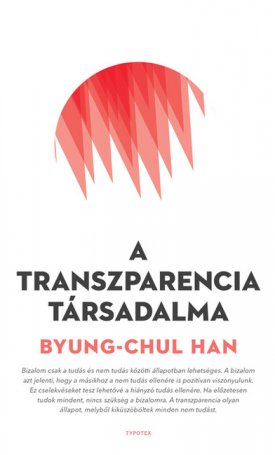The Linguistic Turn - Essays in Philosophical Method
ISBN: 9780226725697
Size: 150 * 226
Weight: 566 g
Page no.: 416
Publish year: 1992
The Linguistic Turn - Essays in Philosophical Method
The Linguistic Turn provides a rich and representative introduction to the entire historical and doctrinal range of the linguistic philosophy movement. In two retrospective essays titled "Ten Years After" and "Twenty-Five Years After," Rorty shows how his book was shaped by the time in which it was written and traces the directions philosophical study has taken since.
CONTENTS:
Introduction
Richard M. Rorty - Metaphysical Difficulties of Linguistic Philosophy
Part I - Classic Statements of the Thesis That Philosophical Questions Are Questions of Language
1. Moritz Schlick - The Future of Philosophy
2. Rudolf Carnap - On the Character of Philosophical Problems
3. Gustav Bergmann - Logical Positivism, Language, and the Reconstruction of Metaphysics (in part)
4. Rudolf Carnap - Empiricism, Semantics, and Ontology
5. Gilbert Ryle - Systematically Misleading Expressions
6. John Wisdom - Philosophical Perplexity
7. Norman Malcolm - Moore and Ordinary Language
Part II - Metaphilosophical Problems of Ideal-Language Philosophy
8a. Irving Copi - Language Analysis and Metaphysical Inquiry
8b. Gustav Bergmann - Two Criteria for an Ideal Language
8c. Irving Copi - Reply to Bergmann
9. Max Black - Russell’s Philosophy of Language (in part)
10a. Alice Ambrose - Linguistic Approaches to Philosophical Problems
10b. Roderick Chisholm Comments on the "Proposal Theory" of Philosophy
11. James W. Cornman - Language and Ontology
12. Willard v. O. Quine - Semantic Ascent (from Word and Object)
Part III - Metaphilosophical Problems of Ordinary-Language Philosophy
13. Roderick Chisholm - Philosophers and Ordinary Language
14. John Passmore - Arguments to Meaninglessness: Excluded Opposites and Paradigm Cases (from Philosophical Reasoning)
15a. Grover Maxwell and Herbert Feigl - Why Ordinary Language Needs Reforming
15b. Manley Thompson - When Is Ordinary Language Reformed?
16a. Richard Hare - Philosophical Discoveries
16b. Paul Henle - Do We Discover Our Uses of Words?
17. Peter Geach - Ascriptivism
18. James W. Cornman - Uses of Language and Philosophical Problems
19. J. O. Urmson - J. L. Austin
20a. Stuart Hampshire - J. L. Austin
20b. J. O. Urmson and G. Warnock - J. L. Austin
20c. Stanley Cavell - Austin at Criticism
21. Stuart Hampshire - The Interpretation of Language; Words and Concepts
Part IV - Recapitulations, Reconsiderations, and Future Prospects
22. Dudley Shapere - Philosophy and the Analysis of Language
23. Stuart Hampshire - Are All Philosophical Questions Questions of Language?
24a. J. O. Urmson - The History of Analysis
24b. Discussion of Urmson’s "The History of Analysis" (by the participants in the 1961 Royaumont Colloquium)
25a. P. F. Strawson - Analysis, Science, and Metaphysics
25b. Discussion of Strawson’s "Analysis, Science and Metaphysics" (by the participants in the 1961 Royaumont Colloquium)
26. Max Black - Language and Reality
27. Jerrold J. Katz - The Philosophical Relevance of Linguistic Theory
28. Yehoshua Bar-Hillel - A Pre-Requisite for Rational Philosophical Discussion
Two Retrospective Essays by Richard M. Rorty
Ten Years After
Twenty-five Years After
Bibliography
EDITOR:
Richard Rorty (1931-2007) was one of the world’s most influential cultural philosophers. During the course of his academic career he taught at Wellesley College, Princeton University, the University of Virginia, and Stanford University.
Editor: Rorty, Richard M.
Category: Filozófia / 20.-21. század
















